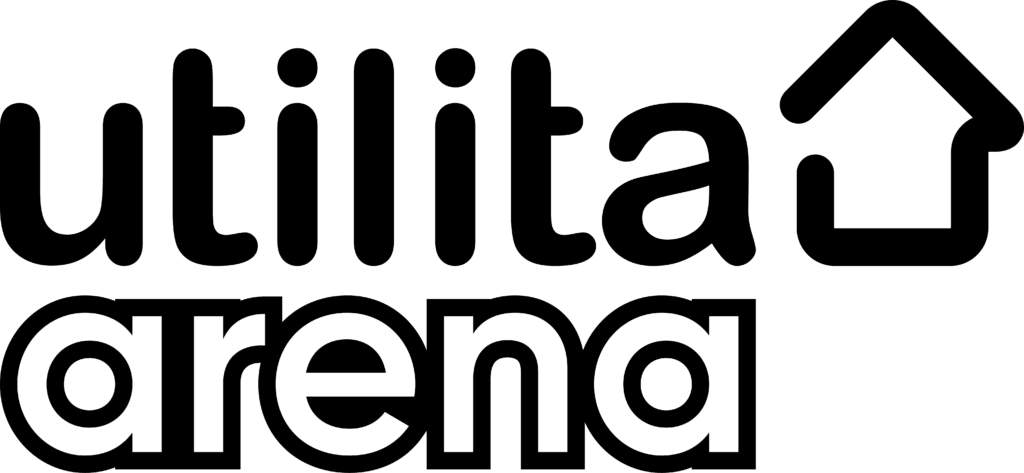Is Your Roof Suitable for Solar Panels?
If you’re curious to know whether your roof is a good fit for solar panels, our comprehensive guide will help you evaluate the key factors.
Home ▸ Solar Panels ▸ Roof Suitability
Contents:
-
Does your roof face the right direction?Does your roof face the right direction?
-
Does your roof have enough space?Does your roof have enough space?
-
Does your roof experience any shading?Does your roof experience any shading?
-
Is your roof at the correct angle?Is your roof at the correct angle?
-
Do you have any lower roofs?Do you have any lower roofs?
-
Does your roof have a loft space underneath it?Does your roof have a loft space underneath it?
-
Does your loft have enough room?Does your loft have enough room?
-
Does your loft have spray foam insulation?Does your loft have spray foam insulation?
-
What type of tiles do your roof have?What type of tiles do your roof have?
The ‘Perfect’ Roof for Solar Panels
The ideal home for solar panels would have a south-facing roof, angled between 30 and 50 degrees and free of shading. However, north, east or west-facing roofs only lose around 15% efficiency compared to a south-facing roof – and new tech is increasingly helping to improve the difference!
Your Roof Suitability Checklist
While a certified installer will assess your roof in detail, here’s your 9-point checklist to get some initial insight into your roof’s suitability.
Does your roof face the right direction?
South-facing roofs are ideal, followed by east or west. North-facing roofs are less optimal but still viable, especially with recent tech advances. The further south your home, the less direction matters.
Does your roof have enough space?
It needs to be large enough to fit a sufficient number of solar panels – installing just two or three is rarely effective. Each solar panel requires 2m², with 40cm around the array and 3cm between panels.
Does your roof experience any shading?
Less sunlight means less electricity! If trees are causing shade, determine how long they block sunlight and consider trimming or removing them. Also check for shading from chimneys, vent pipes, or dormers.
Is your roof at the correct angle?
The ideal angle is around 40°, which is common. But different angles can still be effective. Flat roofs pose the most challenges, both in supporting the weight of the panels (around 200kg) and you’ll need more space around them to avoid shading.
Do you have any lower roofs?
Lower roofs, like those on a conservatory or extension, complicate the scaffolding setup and can increase costs due to the added complexity.
Does your roof have a loft space underneath it?
Installing solar panels is easier with a loft space or an eaves hatch as installers can assess the roof structure and locate the rafters from below.
Does your loft have enough room?
If you opt for an internal cable run, the installer may place the battery and inverter in your loft to consolidate cabling if space and structural requirements are met.
Does your loft have spray foam insulation?
The installer will need to lift tiles to access the rafters, but this is difficult with spray foam insulation, risking damage to the tiles and insulation.
What type of tiles do your roof have?
Installations may become more challenging with certain roof tile materials. Consistent-sized tiles like concrete or clay pose fewer issues.

“The potential for solar power is more widespread than many realise. With advancing technology, more homes are becoming suitable for solar installations than ever before. As innovations continue to drive efficiency and accessibility, the number of homes embracing solar energy is set to soar, paving the way for a cleaner future.”
Expert advice from the Energy Doctor
Install Solar Panels With Loop and Sunsave
Ready to harness the power of the sun and take control of your energy bills? Look no further than Loop and Sunsave for your solar panel installation needs. With our trusted partnership, we’re making solar easy and hassle-free.
From initial consultation to seamless installation, our expert teams ensure a smooth transition to clean, renewable energy. Join countless homeowners who are benefiting from solar!
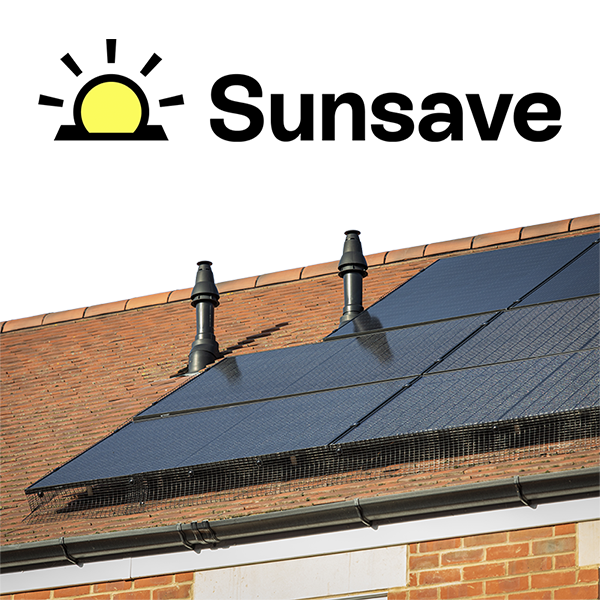
Related Guides
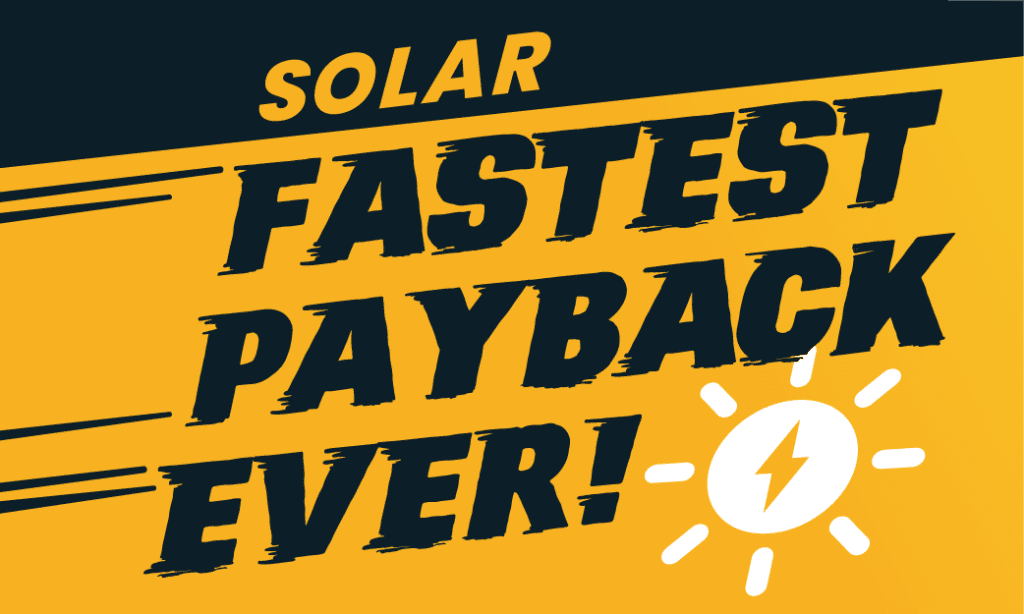
Is the Payback time for Solar and Battery Shorter Than You Think?
The payback period for solar and battery installation is under 6 years for typical homes. With the panels warranted for up to 25 years and the battery at least 10, it means years of free electricity!
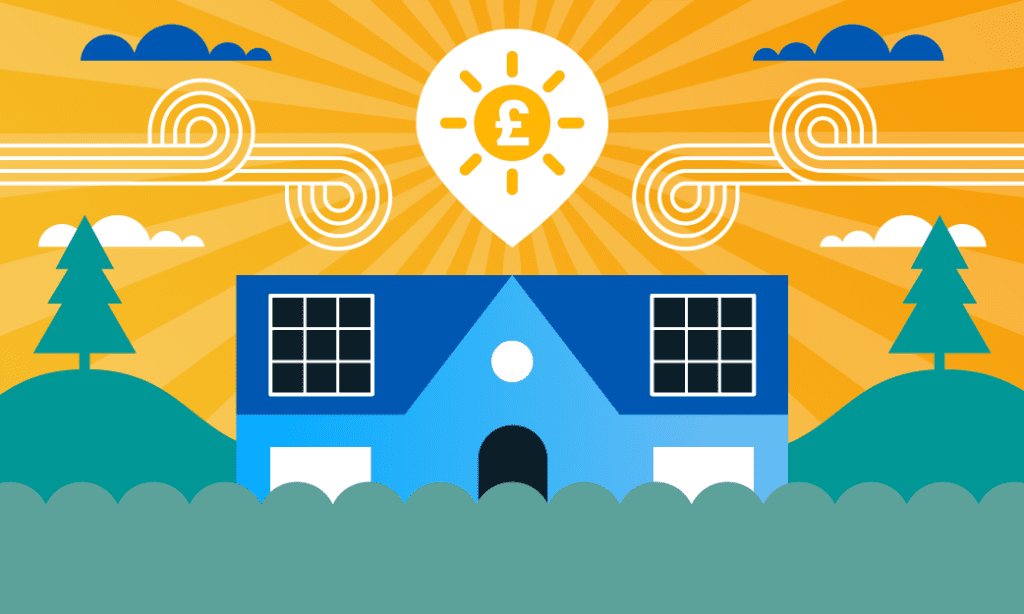
The Economics of Solar
Having solar panels installed is a big step. Or is it? It’s probably cheaper and easier than you think. Weigh up the financial benefits of solar so you can make a decision whether the cost of an installation makes sense for you.
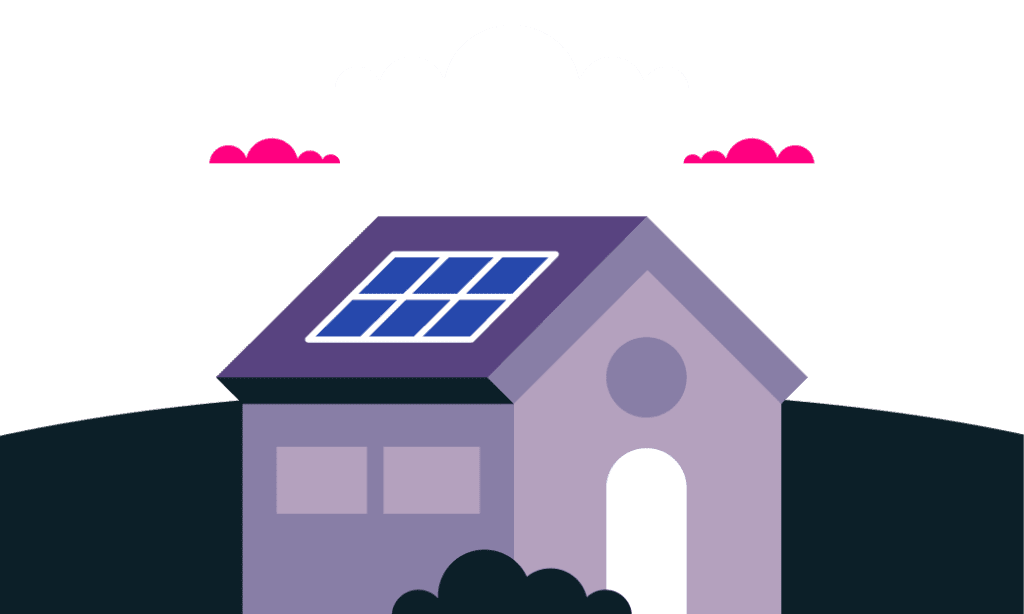
Are Solar Panels Worth It?
Long-term energy security, lower energy bills and reduced household emissions are just some of the reasons why solar is booming. Here’s a roundup of why solar panels are definitely worth considering.

